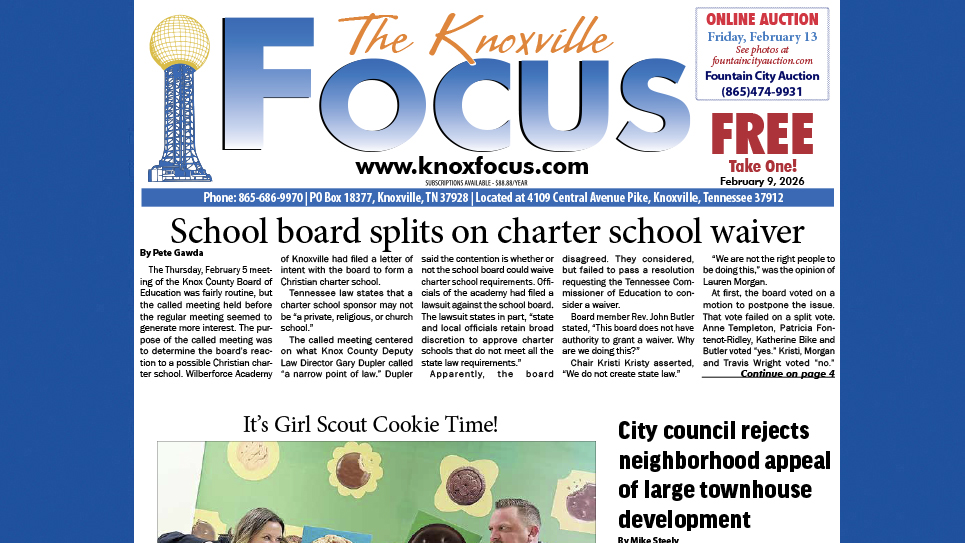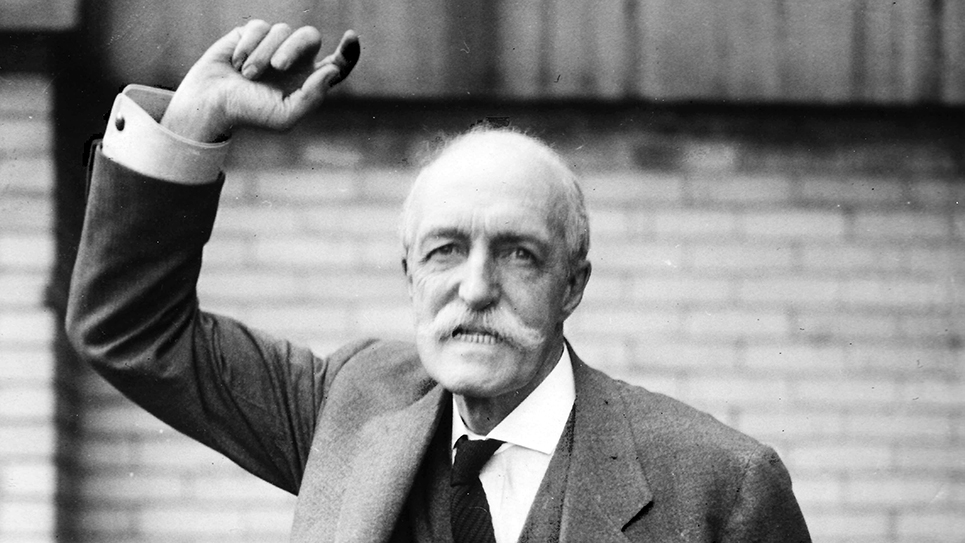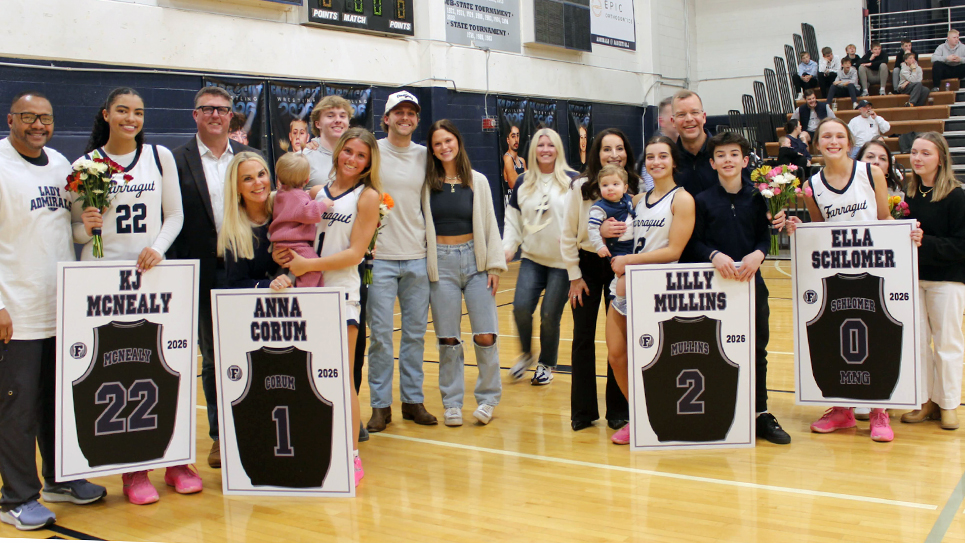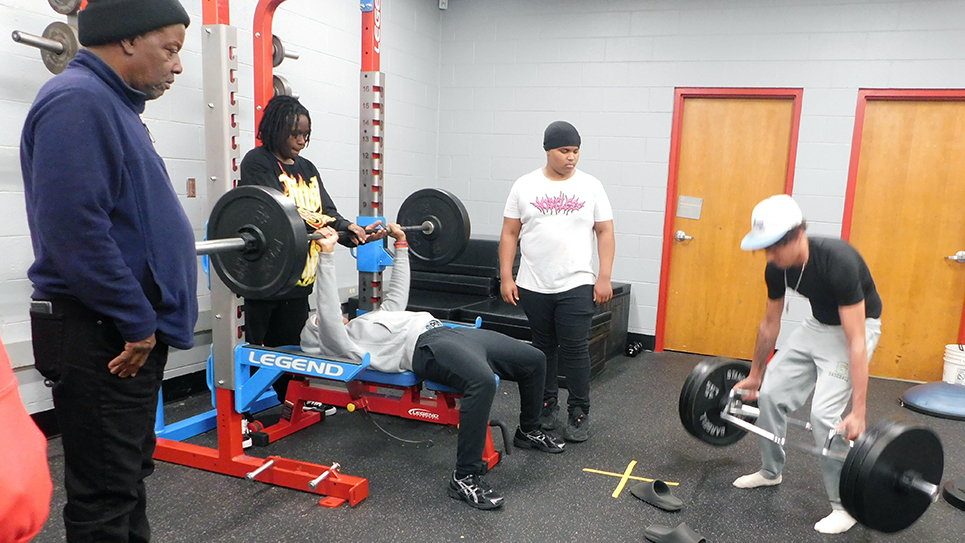‘The Hurrying Hungarian’
By Tom Mattingly
When I once asked Vol fans to name the legendary figures over the course of Tennessee football history, the first fan who responded nominated George Cafego, the legendary Vol tailback from 1937-39 and equally legendary assistant coach from 1955 to 1884 under five different head coaches: Bowden Wyatt, Jim McDonald, Doug Dickey, Bill Battle, and John Majors.
There are numerous others, both on and off the field, but George Cafego is a good lead-in to the list of those who stood tall during their days wearing the orange jersey.
A true assessment of Cafego’s influence on the Vol program rang true in 1998 at Vanderbilt, when Cafego’s name ended up on a chalkboard in the Vol dressing room before the game. It said, simply, “Coach Cafego.”
No one in Vol history has taken the Tennessee-Vanderbilt gridiron series more seriously than the “Hurrying Hungarian,” as various media types over the years have called him. He once refused to converse with a fellow Vol offensive coach who was considering a move to the Vanderbilt coaching staff, only relenting when the move didn’t happen.
There are numerous stories told about Cafego’s journey to Knoxville from Scarbro, West Virginia, starting with an all-night bus ride to Knoxville. He became a two-time All-American selection during Bob Neyland’s second tenure as head coach. He’s also in the College Football Hall of Fame.
“He was the only practice bum I ever coached who was a true All-American football player,” said Neyland about Cafego. “He couldn’t do anything in practice, but, for two hours on a Saturday afternoon, he did everything an All-American player is supposed to do.”
George was featured in a Look magazine spread on the lure of college football centered around the 1939 Alabama game. He was a No. 1 NFL draft choice in 1940 by the Chicago Cardinals.
George coached the backs, kickers, and scout squad. He earned great loyalty from his scout team members.
Marvin West gave insight into the Cafego persona. “There was a soft spot in George’s heart for B-teamers. He could see himself in 1936, two pairs of pants in his whole world, his best shirt split at the elbow.”
George challenged his scout team charges to make the most of their opportunities on the practice field.
“Sometimes we moved the ball down to the five-yard line, and there was the varsity defense across the line,” said George. “I put the monkey on their backs. I told them every man on the field was watching to see what they can do. If they wanted to get on the varsity, right there was the place to make it. Take that ball and stuff it down their throats.”
Nicknamed “Bad News,” George had worn No. 72 during his time on campus, rising from obscurity to be a true Tennessee legend on and off the field. That happened in the days a center wore No. 90 (Bob Davis), a fullback wore No. 86 (Andy Kozar), and a guard wore No. 38 (John Michels), among others. There wasn’t great uniformity about jersey numbers in those days.
The night of Feb. 11, 1998, the Tennessee Vol community honored George’s life at Rose Mann Heritage Chapel in West Knoxville.
On the sign-in book outside the chapel, the following signature stood out: “Frank Kolinsky, No. 72.” Frank Kolinsky had worn it during his time as a Vol offensive tackle from 1955-57.
“I was proud to wear his number,” said Frank. “It was an indication of the respect and admiration I had for him, on and off the field. I wanted people to know how honored I was to share that number with him.”
Keith Jackson paid tribute to George on ABC’s broadcast of the 1999 Fiesta Bowl, noting his passing from almost a year earlier. Here’s what Keith said: “Phillip Fulmer went to see George Cafego, who is an absolute legend in Tennessee football history, two days before he passed away. George said, ‘Good luck. I’ll be watching.’ Good night, George . . . and thanks. Nobody’s name rests higher in Tennessee football than George Cafego.”
When you think about the numbers and those Vols who wore them, No. 16 will always be Peyton Manning. No. 45 will always be John Majors. No. 57 will always be Steve Kiner, No. 64 Jack (Hacksaw) Reynolds, and No. 92 Reggie White.
No. 72 will always be George Cafego. Frank Kolinsky and many, many others would definitely second that nomination.
“Whenever they write the definitive history of Tennessee football,” one journalist has written, “the name George Cafego will have to be on p. 1.”
Players wearing No. 72 may come and go, but, for one night in 1998, there was an entry in a funeral home guest book that revealed special truths about the life and example of a great man and his impact on Tennessee football.





